02.08.21
In accordance with our Green Griffin mission, we love to promote sustainable initiatives across our office and theatre spaces. However, while we work from home, it can be difficult to continue these green practices. That’s why we’ve taken the liberty of creating ‘Ways to Be Green at Home’—a handy guide full of top tips and radical resources to exercise our agency and greenify our personal environment! Read on, climate warriors!
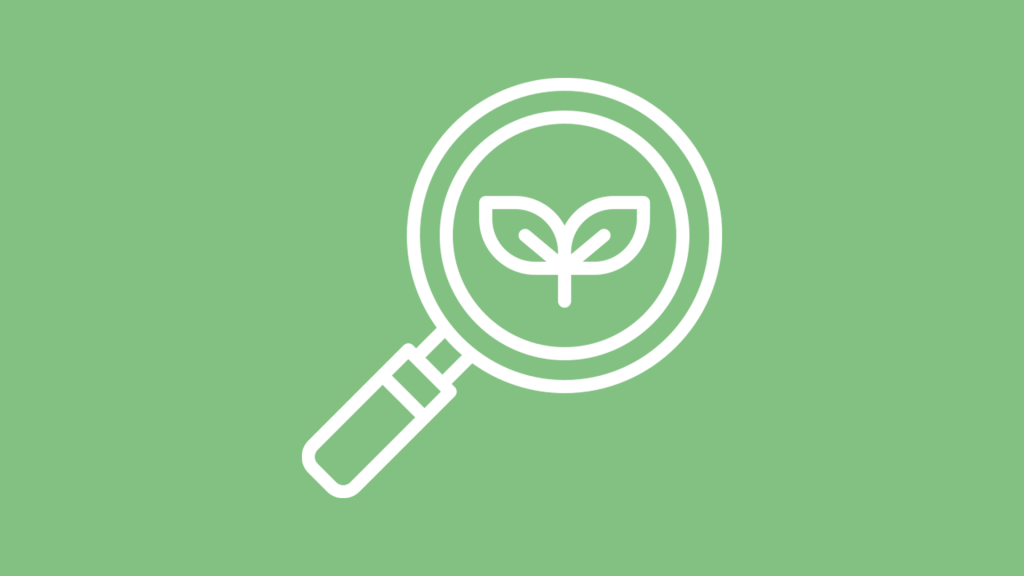
1. GET INVOLVED IN CITIZEN SCIENCE!
Citizen science is like crowdfunded data collection—it’s people-powered research! Some research projects are too huge to be handled by one research team, and therefore need the help of the general public to locate, identify, categorise and define their data sets.
The data collected by you is used in these studies to help better understand the planet and the biodiversity in Australia and around the world!
A lot of these projects can be done from your couch, and some can be done while you are out and about on a walk. Here are a few of our favourites:
The Zooniverse
The Zooniverse is a collection of projects where ordinary peoplpe can help scientists identify stars in the galaxy, lions in the savannah or whales in the sea via sets of uploaded camera trap images. There are over 50 categories of science that you can look through, so check out their project page and get involved!
Big City Birds
Closer to home, there’s Big City Birds. This is an iPhone or Android app that you can download on your phone to take snaps of birds in your suburb, helping scientists determine the diversity and distribution of common bird species.
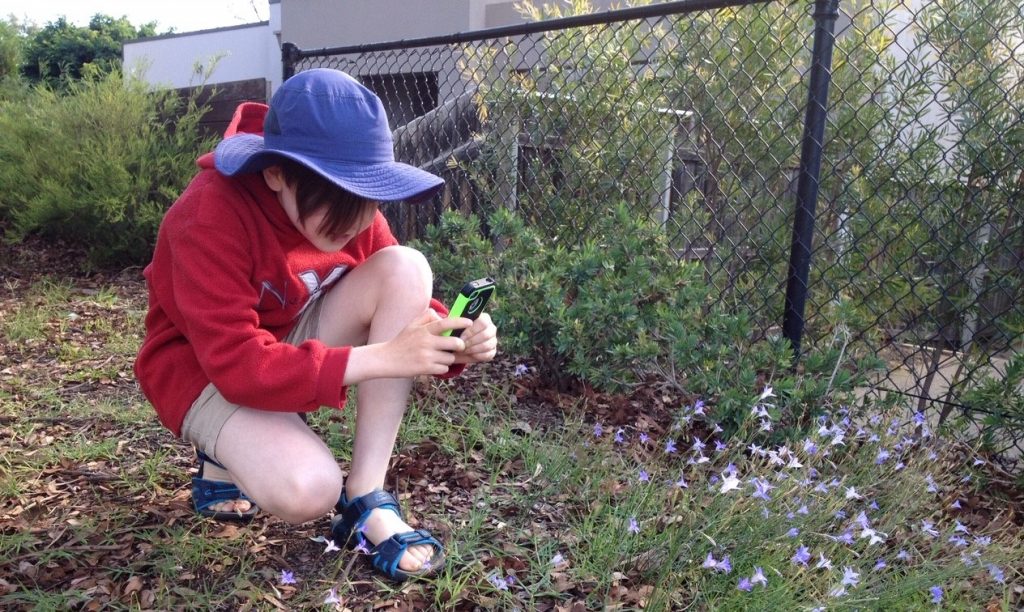
Backyard Bush Blitz
Backyard Bush Blitz is a super easy way to connect to your environment in lockdown. By downloading iNaturalist on your phone, you can take photos of plants, animals and fungi in your own backyard, or at surrounding parks, beaches or nature strips. This information is used by scientist to map and track the health of ecosystems in urban areas.
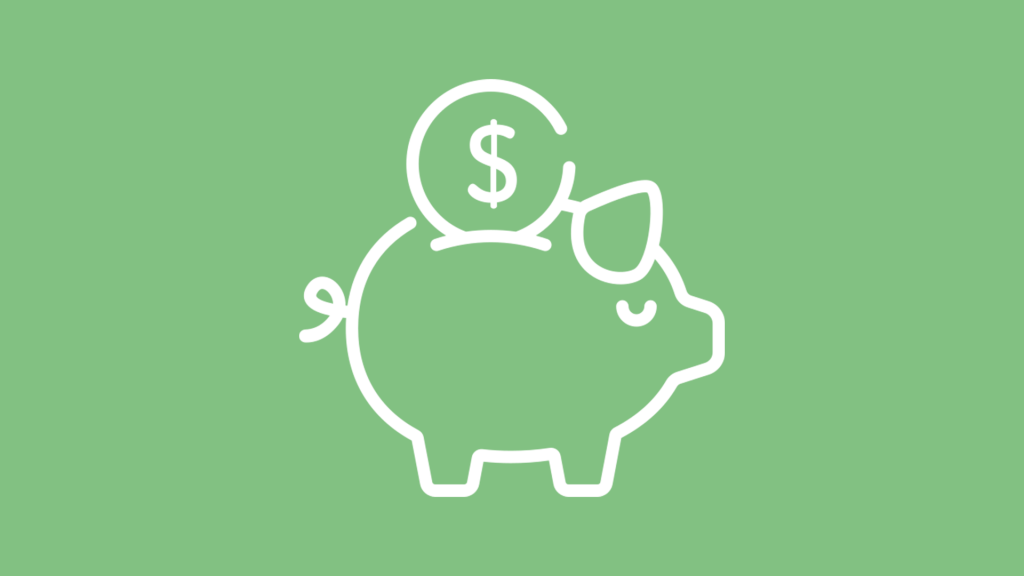
2. GREENIFY YOUR BILLS
Consider Switching Energy Providers
With all the downtime we’ve got in Sydney, we’ve got a moment slow down and reassess your power providers and energy sources. Though the data was collected in 2018, the Green Electricity Guide is a great place to start so you can see where your provider ranks on the sustainability scale. It’s also important to note that you can often opt in to a ‘green energy stream’ without changing providers, and at no extra cost to you.
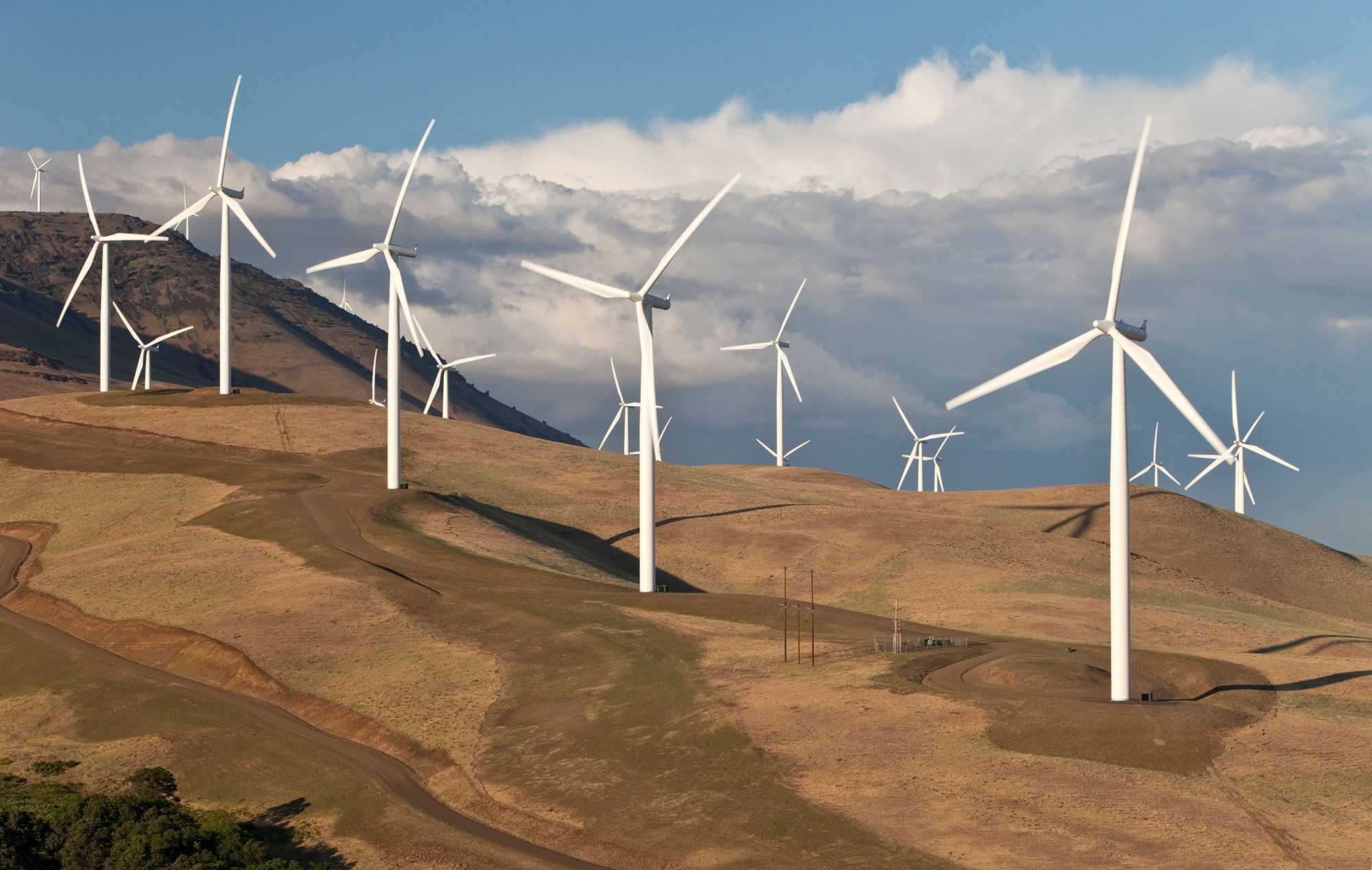
Ethical Banking
You can also have a look at your bank and see how yours stacks up. This one is tricker if you have loans or investments, but some banks are more ethical than others. Voting with your wallet is a great way to let corporations know your values.
Sustainable Superannuation
Something else you could consider is moving your superannuation into an ‘ethical’ super fund. Superannuation is something that often rests in the back of your mind—and lots of super funds invest in ‘unethical’ portfolios like fossil fuels. This article in the Guardian does a great job of breaking down what ‘ethical’ means and whether changing your investment stream, or even changing funds might be the right choice for you.
Stop Unsolicited Mail
Does your bank, phone provider or other administrative services still send you paper statements? It only takes a couple of minutes to jump online and opt out!
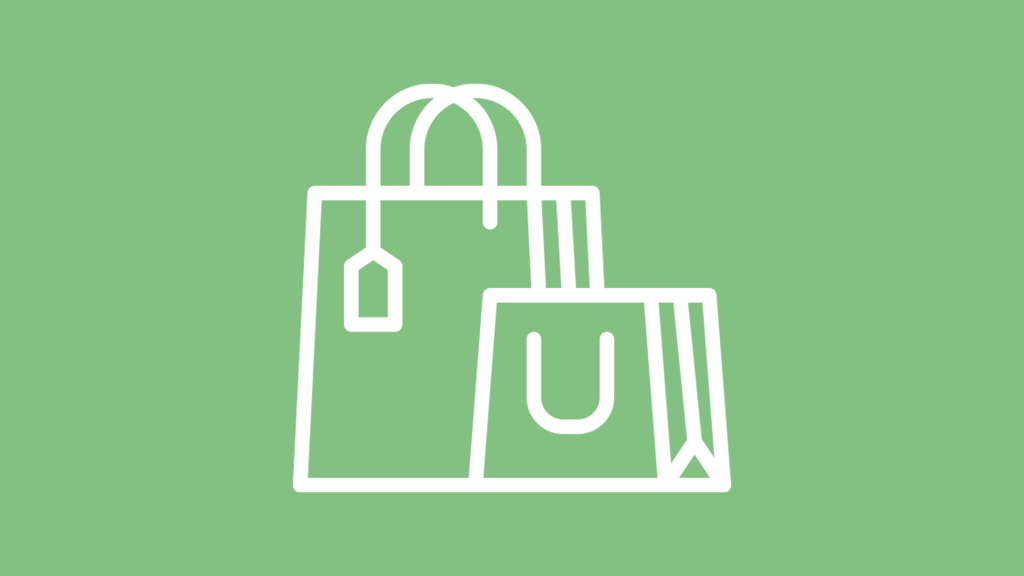
3. SHOP TILL YOU(R EMISSIONS) DROP!
Get Fugly Fruit and Veg
If you are looking for a new food delivery service with a mission, try Good & Fugly. Good & Fugly’s mission is to deliver, well, fugly produce to consumers’ doors by partnering with farmers whose wonky fruit and veg has been rejected by supermarkets’ superficial aesthetic standards. Free delivery, and two sizes for different household needs!
Shop Local, Head to an Outdoor Farmers’ Market
There are loads of reasons to shop local! Firstly, you are supporting the local economy. Secondly, by purchasing directly from local stores or farmers’ markets, the growers collect a greater percentage of the profit before it gets reduced by big supermarket chains.
Transporting, storing, packaging and keeping food fresh is often done using non-renewable energy sources, adding to the food’s environmental impact. For example, apples are often stored in refrigerated facilities for up to 12 months sealed in wax, and lettuce and tomatoes are often kept for 4–6 weeks before they reach supermarket shelves. Purchasing food at its source and in season completely removes all of these unnecessary emissions and means you will be getting the freshest produce!
The use of plastic to store packaged food accounts for up to 75% of a single persons plastic use. By taking mesh fruit bags, paper bags, green bags when you shop, you can help reduce this number.
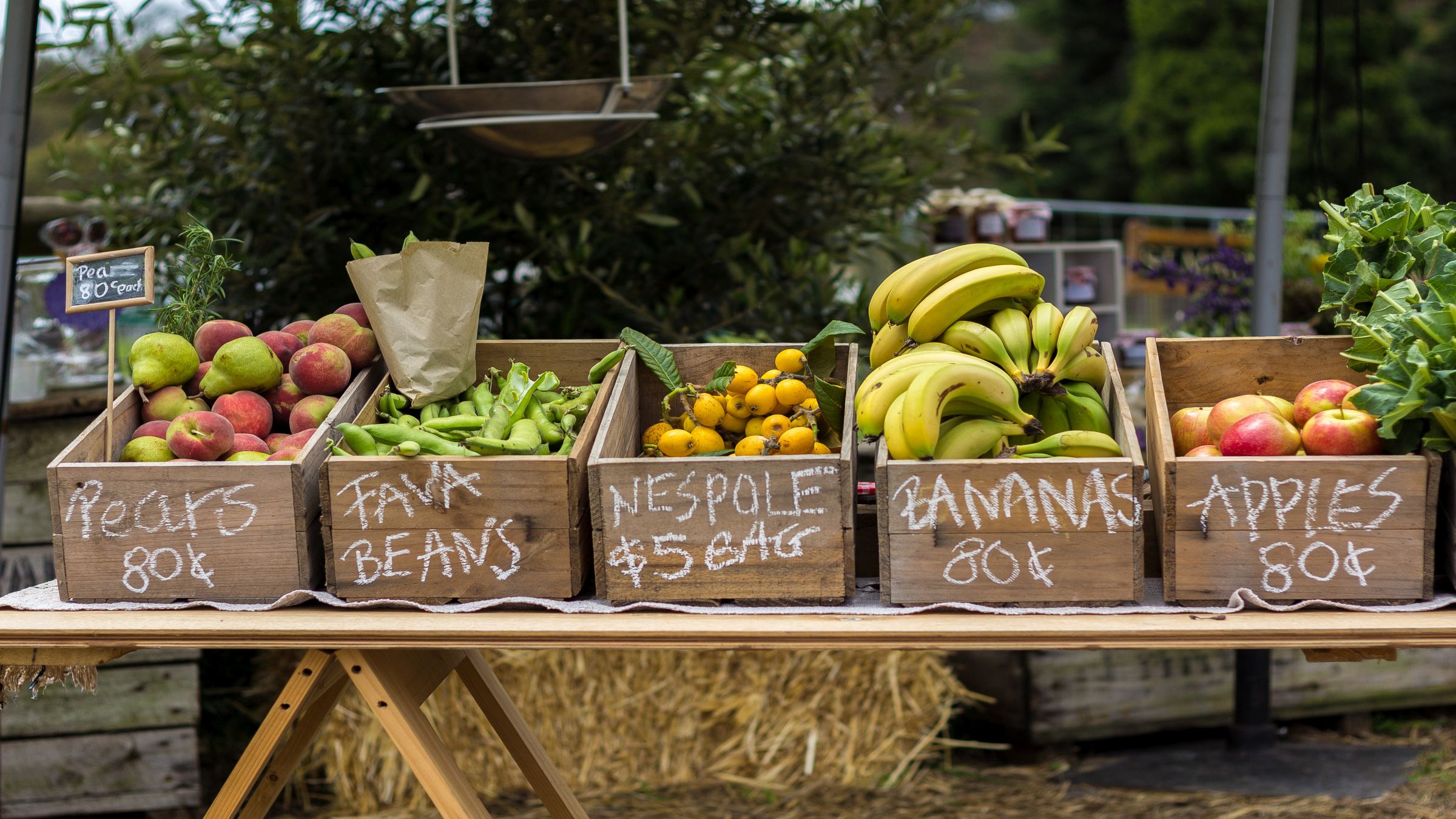
Sustainable Hair Care
No one is going to see your face up close for a while, so lockdown is a great time to try a new shampoo or conditioner! Hair bars from Lush and Biome are excellent and allow us to avoid so much excessive plastic packaging. Good tips are to swap your body wash for a soap bar, and for those long, existential lockdown baths, grab yourself some planet- friendly bath bombs.
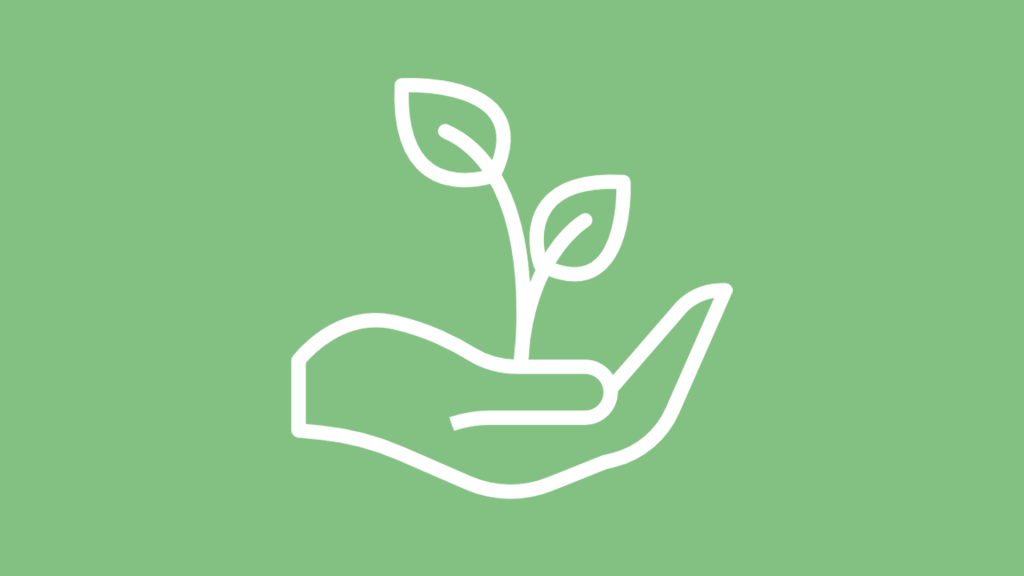
4. MAKE SUSTAINABLE CHOICES EVERY DAY
Switch Up Your Diet
Having the time and energy to get creative in the kitchen is a lockdown silver lining. If you’re looking to expand your recipe repertoire, why not try some plant-based recipes? There’s plenty of vegetarian and vegan recipes online—check some out here and here.
Have a Look at Your Recycling
It’s no secret that plastic is the last bastion of the fossil fuel industry—did you know that Big Oil advocated for the introduction of recycling so they could continue to produce cheap single-use plastic products en masse? Dr Lisa Heinze from the University of Sydney says: ‘Despite recent “plastic-free” campaigns, global demand for plastic is on the rise, and nationally our plastic recycling rates are below 10 percent.’ This means that lockdown is the perfect time to conduct a mini waste stocktake in your household! Depending on your council area, check that you have a basic set up to separate your waste properly, including:
- General rubbish
- Recycling
- Soft plastics (any plastic you can scrunch!)
- Food waste bin/compost/worm farm
Compost!
It’s the perfect time to start a compost bin or worm farm and take ownership over your food waste, reduce your household’s emissions, and provide your garden with some nutritious fertiliser that’s 100% free and organic! Compost Revolution partners with most local councils to give future composters a sweet discount!
Collect Your Soft Plastics
Soft plastics in Australia can currently only be recycled in RedCycle bins, otherwise they go into landfill. Currently 15 plastic shopping bags for every 1 meter of Australian coastline end up in the ocean every year. 1000 sea turtles die each year by consuming or becoming entangled in soft plastics. By recycling soft plastics (i.e. any plastic you can scrunch—chip and biscuit packets, mailing satchels, cling wrap, etc.) in RedCycle bins, you remove the risk of marine animals becoming entangled or fatally ingesting these dangerous soft plastics, and instead turn your plastics into sports equipment, public seating and durable building materials.
Get Gardening!
There’s heaps of fruit, veggies and herbs that can be grown from scraps that you’ve bought at the supermarket, and lockdown is the best time to give such a project a burl. This great ABC article is a good introduction to the types of things a pair of green thumbs could try growing—from avocados to sweet potatoes to ginger. (PSA: it’s also surprisingly easy to make your own vegetable stock using scraps to minimise waste!)
Did you know that there are over 2000 types of native Australian bees? While you’re in the garden, you can also grow some flowering plants that encourage bee activity right on your doorstep. Aussie Bee has some great suggestions to get you going.
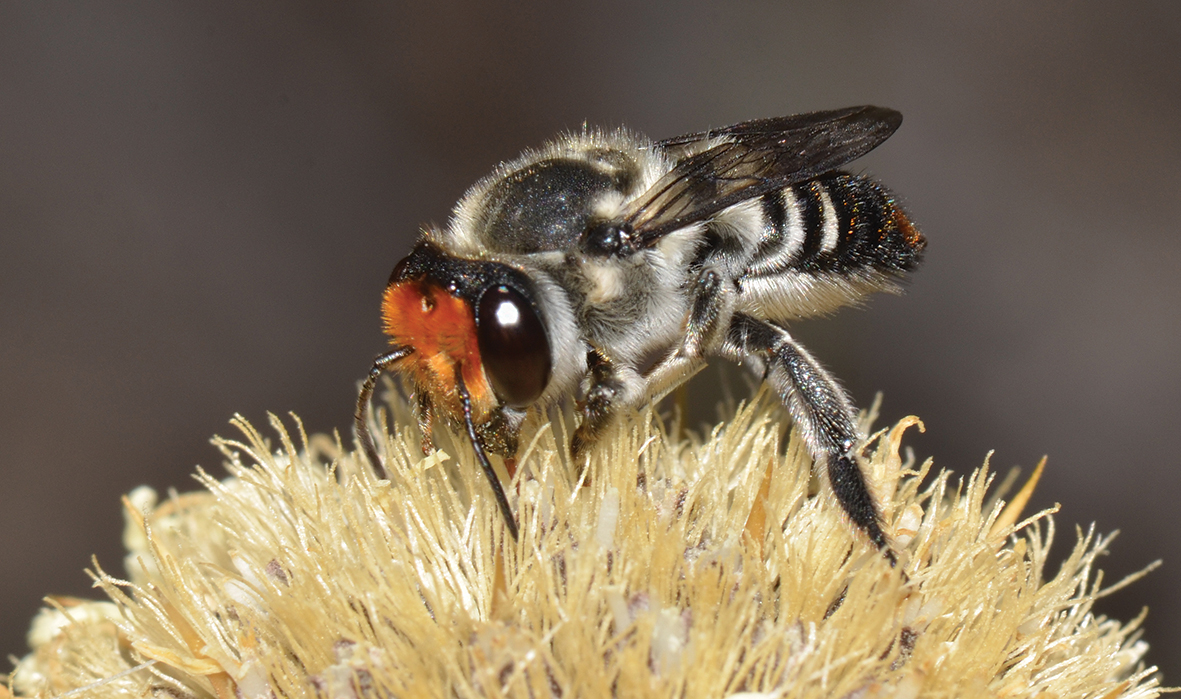
Happy greening, Grif-friends! Check out Griffin’s ongoing march toward environmental sustainability over on the Green Griffin page.

